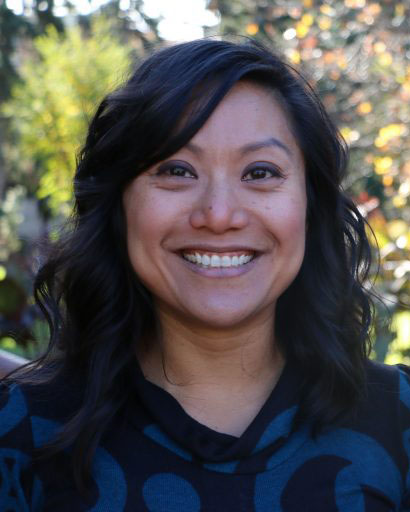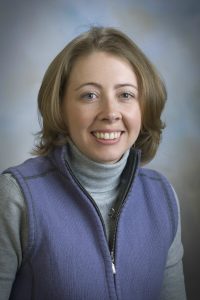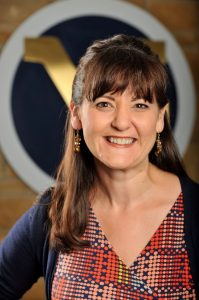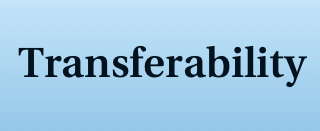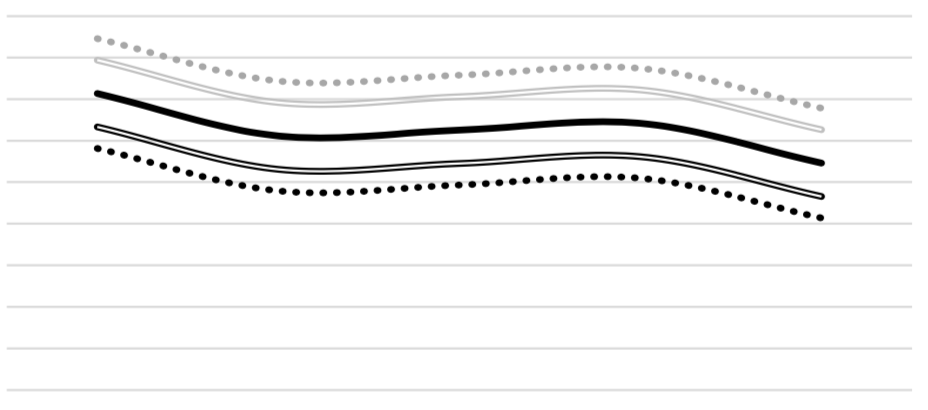Things to Think About
A “Computer Science” profession?
Is there a single term that applies to graduates in computer science who pursue professional careers in the field?
While adapting survey instruments from engineering to computer science, we observed a lack of a unified name that encompassed the professional roles of computer science graduates. Whereas engineering graduates who continue in their fields are generically referred to as “engineers”, there appeared to be be no consensus on an equivalent term for computer science graduates. In particular, they are not commonly referred to as “computer scientists”.
In informal conversations, students enrolled in the computer science (CS) degree program at MSU Denver did not think of CS graduates as “computer scientists” nor was “Computer Scientist” among the named careers they intended to pursue. (The most consistent interpretation of the term “computer scientist” was an academic researcher in computer science.)

